Following widespread criticism of the Hong Kong police force using violent methods to disperse protesters opposing a controversial extradition bill, the city’s pro-Beijing lawmakers and top officials made public comments on June 14 expressing that they supported putting the bill on hold.
The change in tone represented an indirect concession. The bill, which would amend current laws to allow any country, including mainland China, to seek extradition of criminal suspects, has drawn broad opposition within Hong Kong society, with many fearing that given China’s disregard for rule of law, the proposal could allow the Chinese regime to charge with impunity, while further eroding the city’s freedoms and autonomy since it was reverted from British to Chinese rule 22 years ago.
Executive Councillors
Bernard Chan is a member of the cabinet-like Executive Council (ExCo) since 2012. He is also a delegate to China’s rubber stamp legislature, the National People’s Congress since 2008.The ExCo has 33 members: Chief Executive Carrie Lam, 16 official members, and 16 non-official members, also known as Ministers without Portfolio. Chan is the convenor, or leader of the non-official members. All members are pro-Beijing.
Chan lamented that the “massive conflict” between police and protesters on June 12 resulted in more than 80 protesters incurring injuries. “At the very least we should not escalate the antagonism,” Chan said.
“Our first task right now is on how to mollify the public to avoid more clashes in future,” Chan said. “We indeed need to review what to do.”
Two other non-official members Lam Ching-choi and Fanny Law Fan Chiu-fun expressed similar opinions. “The government is not intransigent,” Lam said in a RTHK interview, indicating that it was possible for the government to compromise.
Meanwhile, an insider close to the Hong Kong government who is familiar with the bill told The Epoch Times on June 14 that Carrie Lam could possibly make a decision on Saturday to pause the bill.
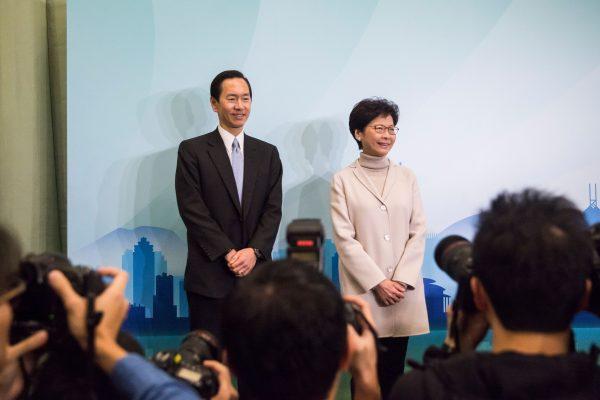
Pro-Beijing Lawmaker
Within LegCo, all pro-democratic lawmakers are against the extradition bill, while all pro-Beijing support it.Michael Tien is the first pro-Beijing LegCo member who publicly asked the government “to resolve the issue peacefully.”
Lam claimed that the purpose of the legislation was to extradite a Hong Kong murder suspect Chan Tong-kai, who is currently wanted in Taiwan. Tien told reporters at LegCo on June 14 that Taiwan had already clearly stated that it would not seek extradition of Chan even if the bill passes.
Tien expressed worries that the pro-Beijing camp could lose its majority during 2020 LegCo elections if Lam insists on forcing the bill through.
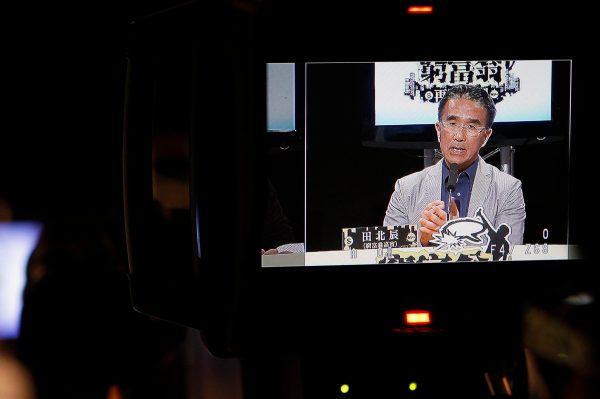
On June 14, the LegCo announced that scheduled meetings to debate the bill on June 17 and 18 are still pending. It had earlier canceled debates on June 12, 13, and 14 after massive protests.
The pro-Beijing head of LegCo had earlier said he would fast-track the bill and call for a vote on June 20.


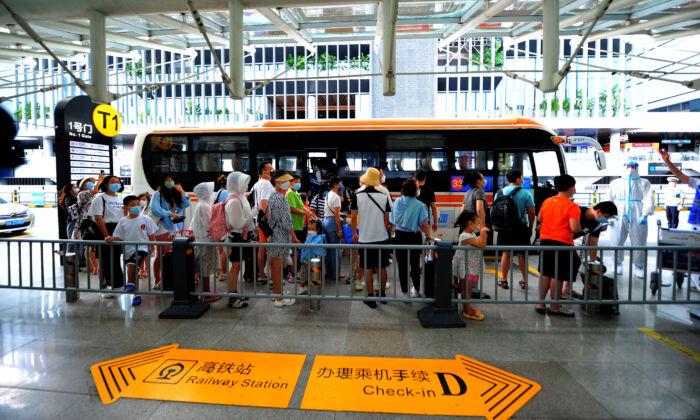
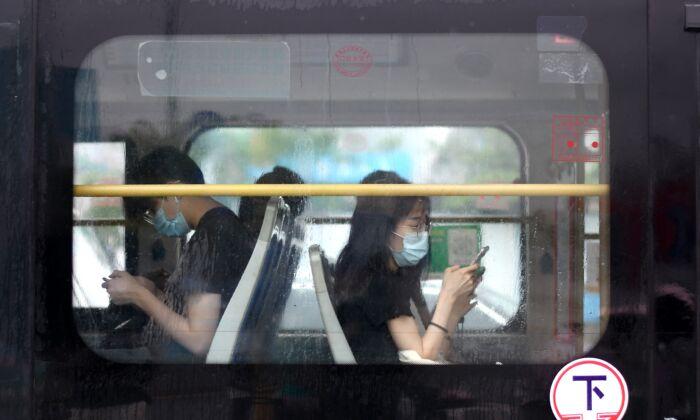

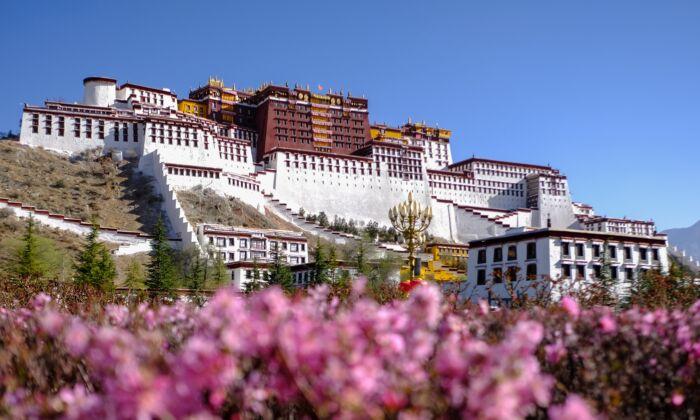
Friends Read Free